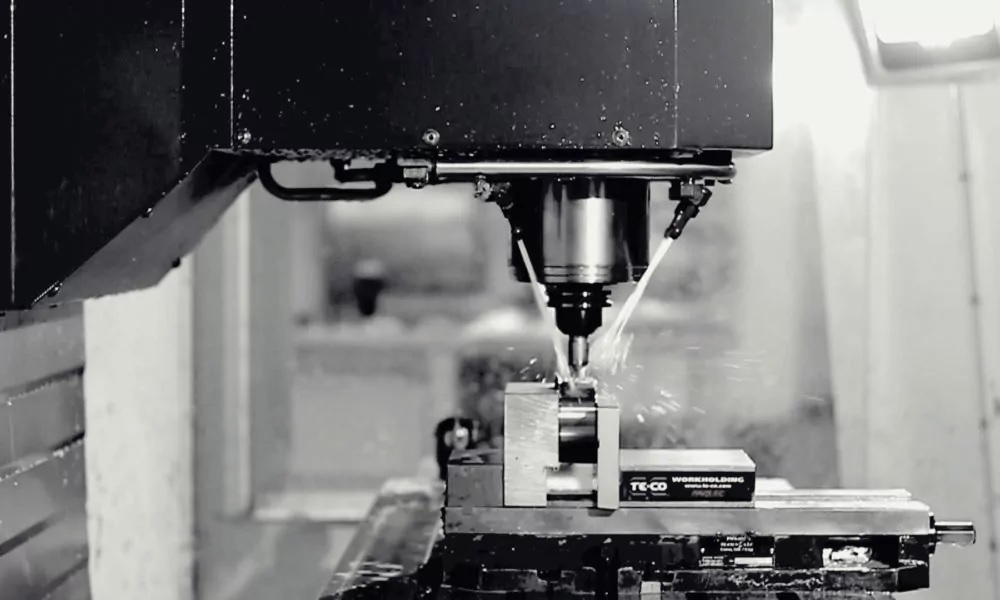
In today’s competitive world, manufacturing companies are under tremendous pressure to deliver high-quality products that meet customer expectations.
The market is flooded with products that offer similar features and prices, and the only way to stay ahead of the competition is to offer superior quality products.
This is where in-process quality inspection comes into play. In this article, we will discuss a few reasons why you must consider quality inspection during the process.
1. Can identify and address defects early
Firstly, in process quality inspection helps to identify and address defects at an early stage of the manufacturing process. This is especially important when manufacturing products in countries like China, where the cost of fixing defects after production is much higher than detecting them early.
By implementing quality inspection during the process, manufacturers can ensure that any defects are caught early in the production process, thereby reducing the cost of rework or product recalls.
2. Quality standards can be maintained
In China, inspection in manufacturing processes has become an essential step to ensure quality. Chinese manufacturers have been known to cut corners and compromise on quality to keep prices low.
In process quality inspection helps to identify any quality issues and ensures that products meet the required quality standards. By working with a reliable inspection company, manufacturers can ensure that they receive high-quality products that meet their requirements.
3. Can maintain consistency in product quality
Such quality inspection during the process helps to maintain consistency in product quality. Manufacturing processes are complex, and there are many variables that can impact the final product quality.
By implementing such quality inspection, manufacturers can ensure that each product meets the required quality standards, thereby maintaining consistency in quality. This is especially important for manufacturers who produce products in large quantities.
4. Reduce the risk of product recalls
Also, such in-process quality inspection helps to reduce the risk of product recalls. Product recalls can be costly, not only in terms of financial losses, but also in terms of damage to the brand’s reputation.
By implementing quality inspection during the process, manufacturers can ensure that their products meet the required quality standards, thereby reducing the risk of product recalls.
In China, pre-production inspection is an important step in ensuring product quality. Pre-production inspection helps to identify any quality issues before production starts, thereby reducing the risk of defective products.
By working with a reliable inspection company, manufacturers can ensure that their products meet the required quality standards and reduce the risk of product recalls.
5. Can improve customer satisfaction
Fourthly, in process quality inspection helps to improve customer satisfaction. Customers expect high-quality products, and any defects or quality issues can lead to dissatisfaction and negative reviews.
By implementing quality inspection during the process, manufacturers can ensure that their products meet the required quality standards, thereby improving customer satisfaction and loyalty.
Conclusion
In conclusion, in process quality inspection is an essential step in ensuring high-quality products and can help you in:
- Finding flaws early in the production process
- Maintaining consistency in quality
- Reducing the risk of product recalls
- Also, improving customer satisfaction.
In China, inspection in manufacturing processes has become an important step to ensure quality. By working with a reliable inspection company, manufacturers can ensure that their products meet the required quality standards and reduce the risk of defects and product recalls.
Implementing such quality inspection not only benefits the manufacturer but also benefits the end consumer. It ensures that the end consumer receives a high-quality product that meets their expectations, thereby improving their overall experience with the product and the brand.
In today’s competitive market, delivering high-quality products is no longer a choice but a necessity.

